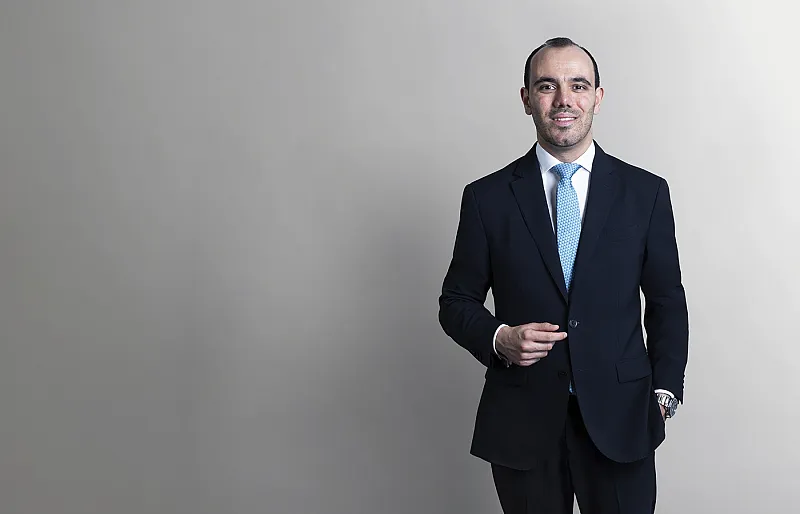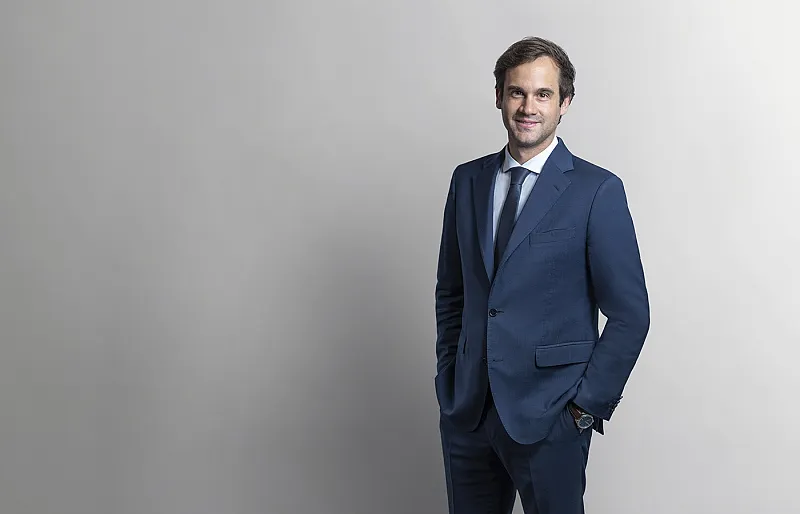Morais Leitão hosted the final stage of the Legal Tech Competition, an initiative that challenged students to create innovative solutions for the legal sector, combining technology and law. Organised in partnership with Universidade Católica and BRYTER, the event stood out for its integration of artificial intelligence and the creativity of the participants, reinforcing society's commitment to digital transformation.
The challenge of the Legal Tech Competition
On 19 October, Morais Leitão hosted the final stage of the Legal Tech Competition at its offices in Lisbon. Organised in partnership with the Universidade Católica and BRYTER, the competition challenged third and fourth year students from the Faculty of Law at the Universidade Católica to automate legal workflows using the BRYTER platform. The initiative aimed to train future lawyers with essential technological skills in a rapidly changing sector.
Stages of the Legal Innovation Project
The competition took place in two phases: a first phase, from 7 to 18 October, with an online learning programme on how to use the BRYTER platform; and a second, face-to-face phase, where students were challenged to implement creative solutions to practical legal problems. This phase included an additional layer of complexity, requiring the integration of artificial intelligence functionalities into the developed workflows.
Ten students participated in the competition and the following projects were awarded prizes:
- 1st place: Man Teng Leung.
- Honourable Mentions: Marta Cansado and Sancho Josué Custódio.
The jury was made up of Tito Rendas, Executive Director of Católica Global School of Law, Adam Kavanagh, Customer Success Ops Manager at BRYTER, and Carlos Coelho, Director of Innovation and Knowledge at Morais Leitão.
The importance of legal hackathons for legal innovation
Carlos Coelho, Director of Innovation and Knowledge at Morais Leitão, reveals that "initiatives such as the Legal Tech Competition, which we have developed in partnership with Universidade Católica and BRYTER, play a fundamental role in accelerating the digital transformation of the legal sector.
We are very enthusiastic about actively collaborating with educational institutions to train professionals who are better prepared to respond to today's challenges.
We have been working closely with law schools to alert them to the need to adapt their educational programmes by integrating technology training, commercial awareness and design thinking for legal approaches that are more focused on the practical problem faced by the client.
We also want students to realise that we are a firm at the forefront of innovation in the legal sector in Portugal, leading the global digital transformation that this sector has stoically resisted. In addition to the values that our brand represents, we are committed to being agents of change in terms of innovation and we are determined to attract and develop talent that shares our vision, demonstrating that there is a new factor to consider: our commitment to being at the forefront of the evolution of law in Portugal.
The innovations and approaches presented by the participants were truly impressive. We were amazed at how quickly they responded to the challenge proposed in the Legal Hackathon, using BRYTER, a low-code, no-code tool, to implement their technical solution to the challenge.
We added an extra layer of complexity by making one of the key requirements of the challenge the integration, as they saw fit, of an artificial intelligence feature to interact with the legal workflow. Curiously, all the students used it in different ways, so we welcomed the diversity of applications and the creativity shown.
In just a few hours, the students were able to integrate a legal challenge into an organisation's onboarding process, creating workflows with legal components in a creative and effective way.
The speed and originality with which they developed these solutions demonstrates not only their talent and adaptability, but also the enormous potential of using artificial intelligence to benefit workflows and methodologies.
It was inspiring to see how the students managed to bring new perspectives and innovative solutions to complex challenges, highlighting the powerful synergy between technology and law.


